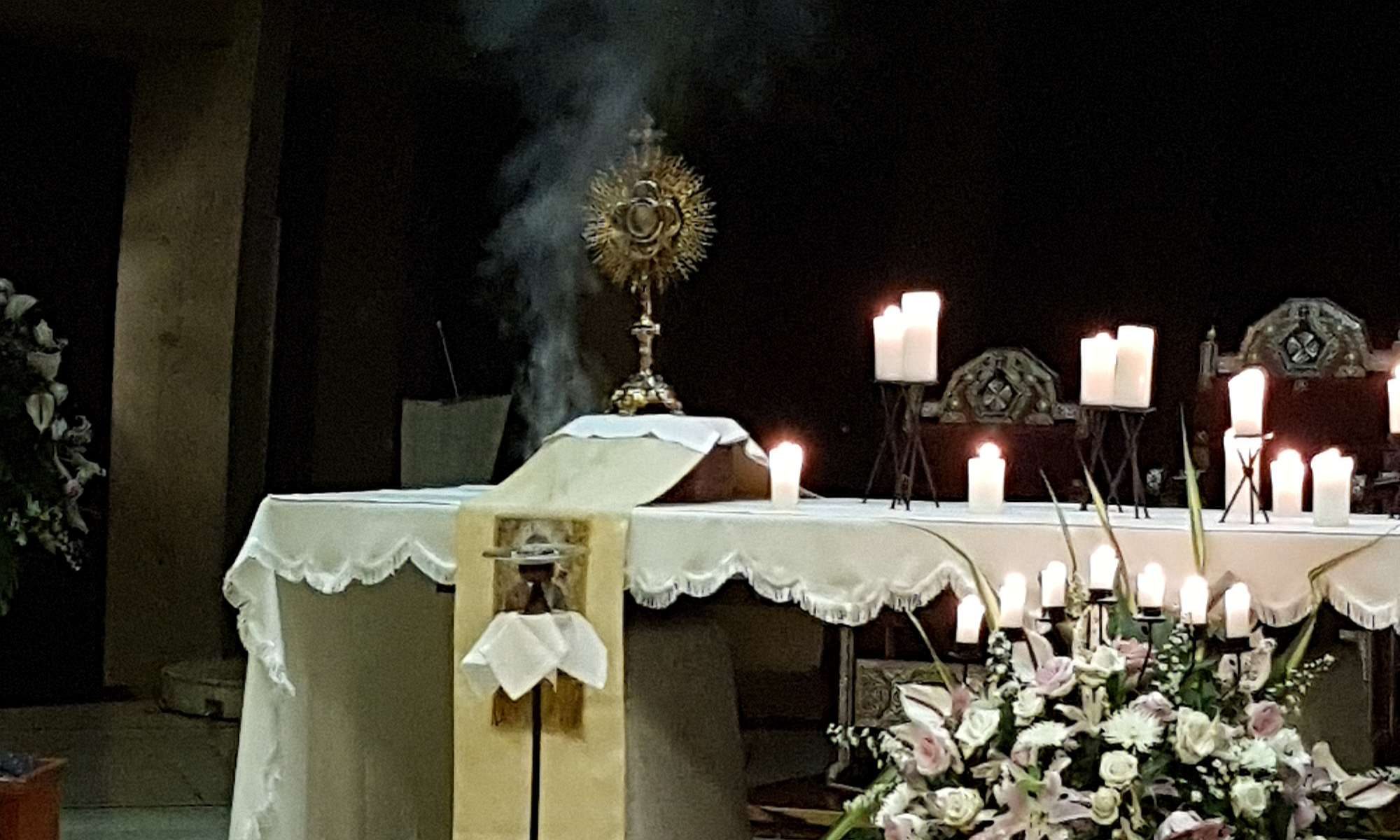44.1. En el Nombre del Padre, y del Hijo, y del Espíritu Santo.
44.2. Aquella oración que hizo Salomón, y que fue tan grata a Dios, es la plegaria que más te conviene en este momento: «Concede a tu siervo un corazón que entienda para juzgar a tu pueblo, para discernir entre el bien y el mal, pues ¿quién será capaz de juzgar a este pueblo tuyo tan grande?» (1 Re 3,9).
44.3. Sabes bien que Dios oyó con agrado esta súplica, que era sabia en pedir sabiduría (1 Re 3,12; 5,9; 10,24). Y sabes también que allí donde empezaron las bendiciones para Salomón, es decir, en el corazón, allí también empezaron sus desgracias (1 Re 11,4), cosa que fue origen del enojo de Dios y de la ruina del pueblo que tan sabiamente había sido regido (1 Re 11,9-11).
Continuar leyendo “44. La Conversión Del Corazón”
